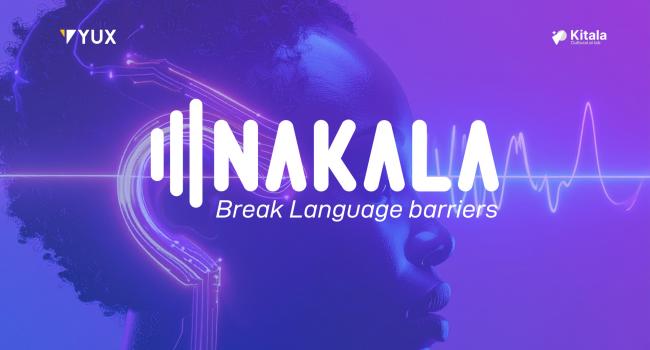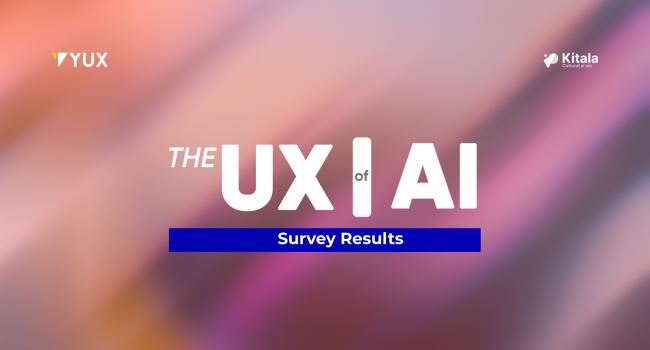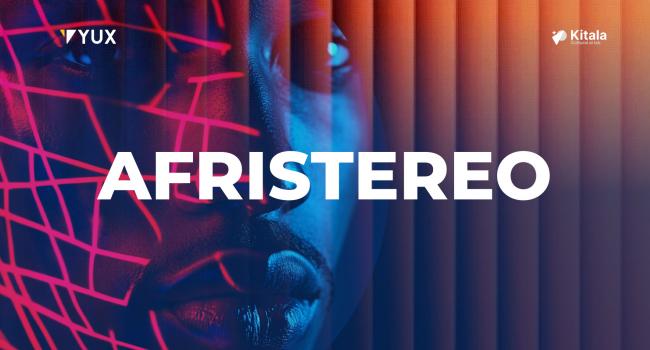When my general manager shared a Slack update about another project in Northern Nigeria,
I immediately expressed interest. Our previous experience with local researchers in that geography had taught us that we needed to spend more time preparing them to meet the requirements of our projects. It quickly became clear that in-person training was necessary instead of relying solely on remote sessions. So, in January, we made it happen—YAAY!
The start of the year threw us into a whirlwind of unexpected challenges and a significantly increased workload, particularly as we began organizing the in-person training in Abuja. I took the lead in ensuring we trained 12 local researchers from Northern Nigeria in person to participate in future design research projects YUX has planned. We carefully selected participants from Kaduna, Kano, and Sokoto and flew them to Abuja, Nigeria’s capital and have now successfully networked, trained and learned from amazing individuals who we will be able to rely on in future work. But how did it all come together?
Finding the Right People
We needed to find the right people, so we set up interviews in December. But when we first asked people to apply, no one did. So my teammate Alex (Research Ops) and I took matters into our own hands, searching everywhere—from Twitter to LinkedIn—until we found the right candidates. After interviewing them, we selected 12 who were a great fit for the training. And yes, the training was completely free.
Logistics Hustle
I never realized just how much work Alex does as Research Ops until I had to take on the role myself since I was the only one on the ground. Research Ops is no joke!!
I was the one handling all communication with participants, sending emails, messages on whatsapp groups, making sure they had all the details they needed to be there on time. Alex, on the other hand, booked the Airbnb and made sure everyone had their flight tickets to Abuja. Meanwhile, I had to secure the training venue and ensure the caterer was set to provide meals for two full days.
The workshop ran for two full days, from 10 AM to 5 PM, with an hour break. Our goal was not just to prepare them for the upcoming project but to equip them with skills that would support their growth as researchers in the long run.
My team members (Oluchi and Elizabeth) and I spent a lot of time refining the training materials, ensuring they were truly valuable. It wasn’t just about onboarding them, we wanted to teach practical research techniques they could apply beyond this one job.
After a lot of back and forth, we finally had something solid. Since this was an in-person workshop, we also made sure to include hands-on exercises so they could practice what they were learning in real time with us.
So, there was a lot of printing and running around before the workshop—making sure everything was ready. We had to buy tons of sticky notes, pens, and other materials to keep things interactive and engaging.
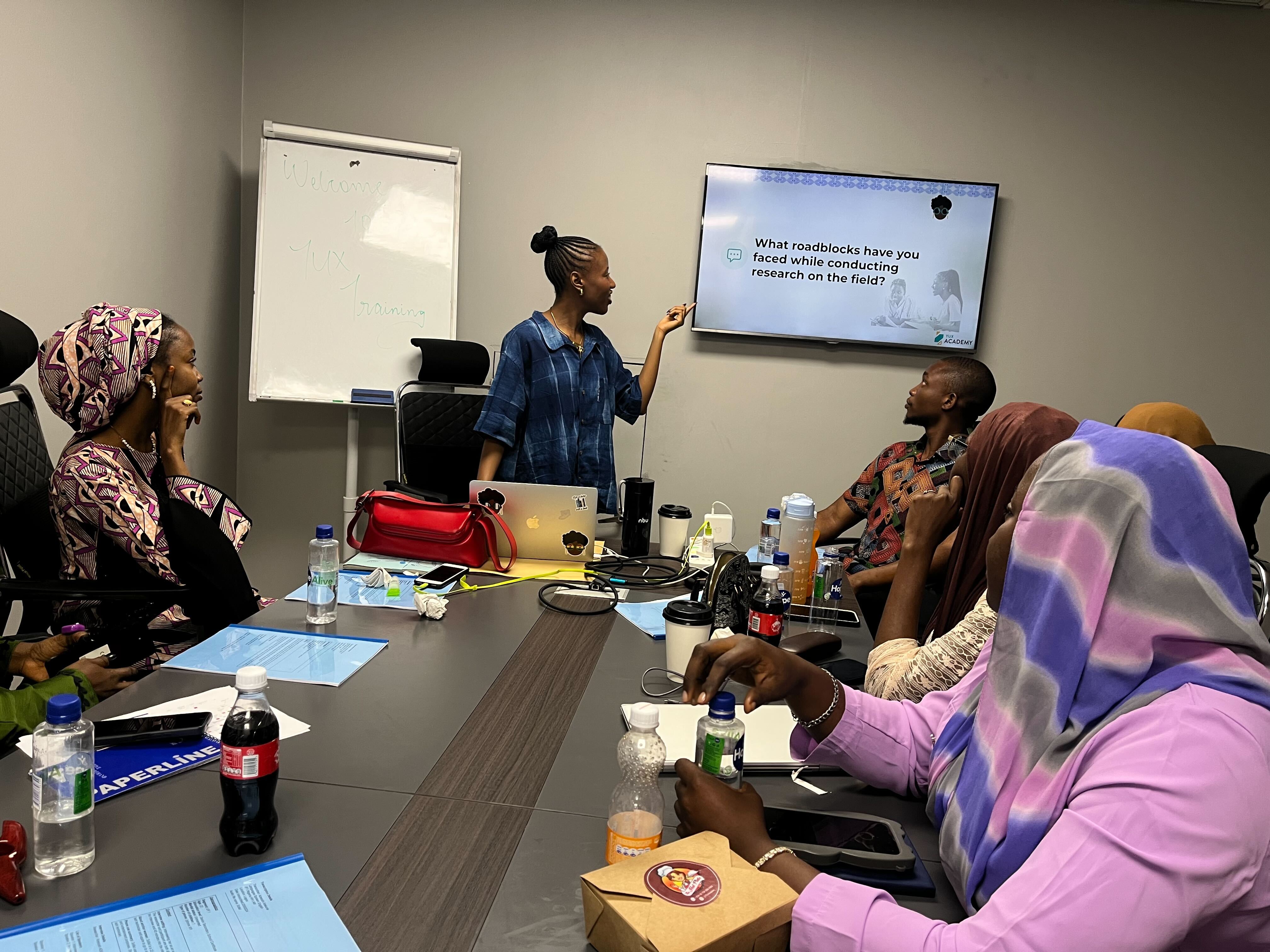
The Workshop Experience
I arrived early at the venue, making sure everything was in order for the participants. I was nervous, I wanted this to go well, especially since it was my first project as lead at YUX. My colleague Elizabeth, who was also a co-facilitator, arrived shortly after, and soon the participants started trickling in, some in pairs, others individually.
From the moment we kicked off, some participants were initially quiet, unsure of what to expect, while others jumped straight into discussions. Before diving into the workshop, we started the morning with bread and tea/coffee for breakfast, which helped ease everyone into the session. The room felt lighter, the energy more relaxed.
During breakfast, my colleague Elizabeth, who is from the southern part of Nigeria, noticed a participant holding onto a small counter—a device used for religious purposes. Being Muslim and having grown up in the north, I immediately recognized it. But Elizabeth, unfamiliar with it, asked curiously, “What is this, and why are you tapping on it?”
The room suddenly fell silent. All eyes turned to Elizabeth and the participant, who calmly responded, “It’s a counter.” Elizabeth, realizing her question might have caught people off guard, quickly softened her tone and asked, “I’m sorry, but what is it used for?” The participant then explained that it was a tool used for religious purposes, primarily for God praises.
That simple interaction struck me. Even though Elizabeth is Nigerian, she had never encountered a counter before. It was a small but powerful reminder of how different our lived experiences can be even within the same country. And this is exactly why local researchers matter. They help uncover these nuances, revealing the little things we might overlook or assume everyone understands. It was a moment that reinforced the importance of curiosity, open-mindedness, and the value of local knowledge in research.
By the second day, everyone was fully engaged, asking questions, challenging ideas, and practicing research techniques. Seeing them apply what they learned in real time was one of the most rewarding moments of the entire experience.
One of my favorite moments was during a role-playing exercise where participants had to simulate real interviews. Some struggled at first with asking the right follow-up questions, but after feedback and another round, you could see the improvement. It wasn’t just learning—it was skill-building. Another highlight was a discussion on ethnographic research—how to observe and interpret behaviors beyond just what people say. A participant shared a powerful example of how cultural norms impact responses in interviews, and that led to a deep conversation about bias, assumptions, and the power of context in research
After the workshop, we asked a few participants about their experience, and here’s what they had to say:
-
Pumped and Excited to put my training into use
-
I would rate the training a solid 10 out of 10 because I love how accommodating the trainers were, which I would say was the main reason why everyone was very free, and that was why the session was very interactive.
-
Yes, YUX training helped me take more value on the research part of any project I’m working on. In essence, I appreciate the fact that I was able to take part and gain insightful knowledge and experience to facilitate my career.
-
I love that I have a better understanding of research as a whole.
-
What topics did you find most useful?
Consent Process, Typing Tool, and Power Dynamics -
The topic about building rapport with the respondent before starting an interview
-
The interview process topic was quite impactful for me, as well as the topic on how to build trust with your interview participants
-
Recruiting – was entirely new to me, also with consent form
-
Everything was useful and insightful. Ethnographic Research stood out to me.
-
I really enjoyed learning about ethnographic research and typing tools. I didn’t know much about them before the class but it made a lot of sense as to why they were important after learning about them.
Their feedback reinforced the importance of making research training practical, engaging, and interactive. Seeing how much they valued the experience made all the effort worth it!
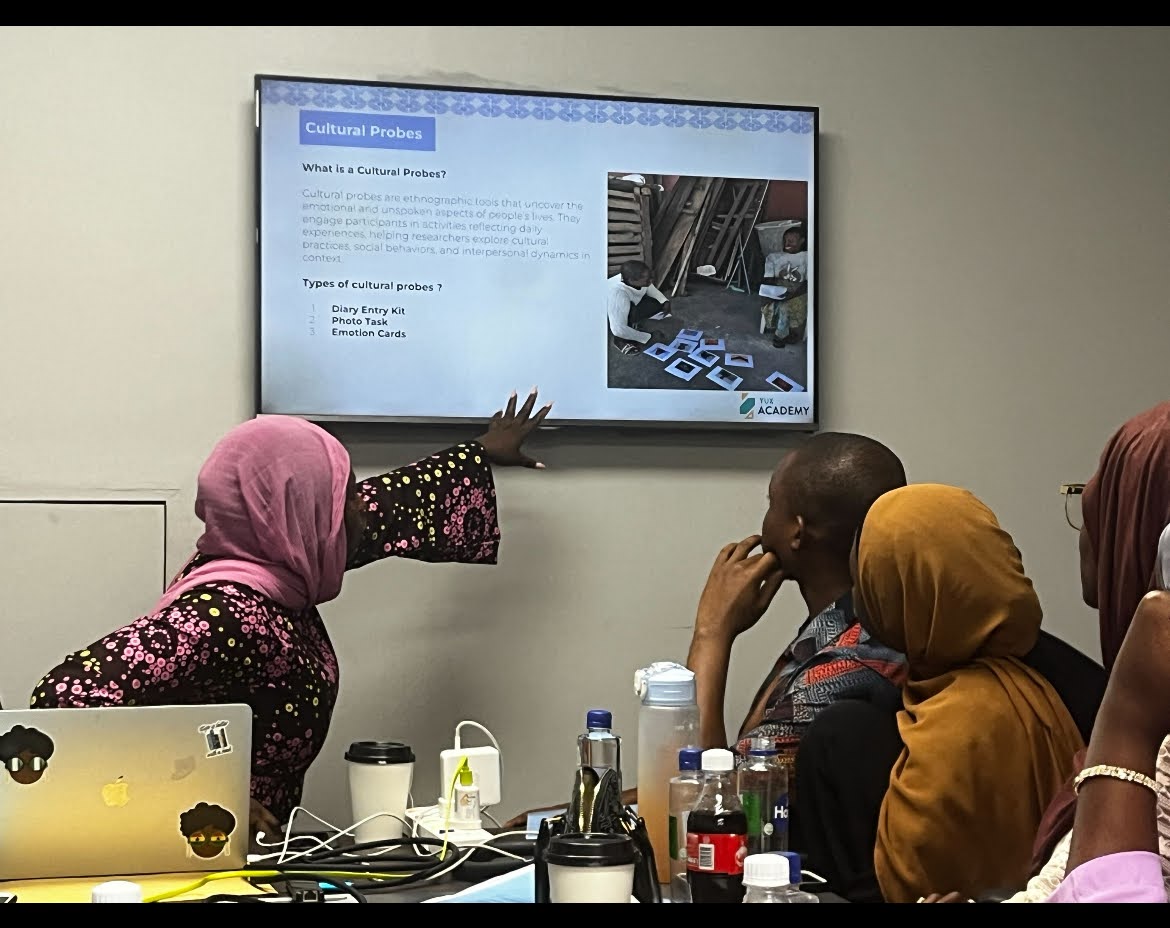
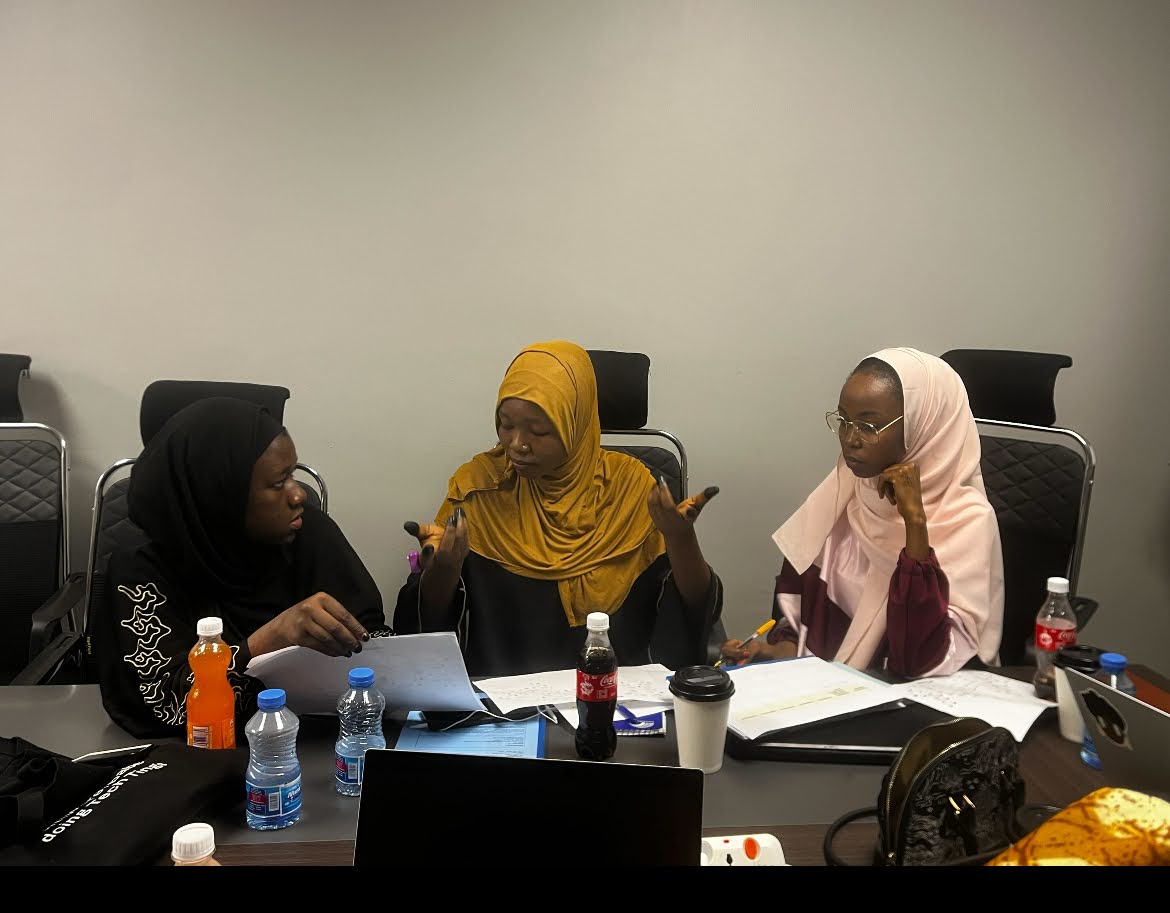
Do we really need local researchers?
We need local researchers because they bring in valuable firsthand knowledge of the communities we’re working with. They understand the language, cultural nuances, and social dynamics that an foreigner might miss. This not only helps build trust with participants but also ensures that the insights we gather are authentic and deeply rooted in real experiences.
Beyond access and language, local researchers provide a perspective that is often overlooked in research. They can pick up on subtle behaviors, expressions, and unspoken concerns that might otherwise go unnoticed. They also help us ask the right questions—ones that resonate with the local context rather than being shaped by an external viewpoint.
Investing in local researchers isn’t just about improving the quality of our research; it’s about sustainability. Instead of repeatedly bringing in external teams, we’re building capacity within communities, empowering researchers to continue this work long after a specific project ends. This creates a ripple effect: stronger research skills lead to better representation of local voices, more informed policies, and ultimately, solutions that truly reflect the needs of the people they’re meant to serve. We're not just gathering better data, we’re fostering long-term impact, ensuring that research is not just done on communities but with them.
Why Training Local Researchers Matters
While hiring local researchers is crucial, training them is what makes the difference between good research and truly impactful research. Many talented individuals already possess deep community knowledge, but they may lack formal training in research methods, data collection, and analysis. Without structured training, valuable insights can be lost due to inconsistencies in approach, bias, or gaps in methodological rigor.
Training local researchers ensures that they not only understand best practices but can also adapt them to their own cultural and social contexts. Instead of imposing rigid frameworks, training allows them to develop research skills that are both methodologically sound and culturally relevant.
More importantly, training local researchers contributes to sustainability. Rather than repeatedly bringing in external researchers for short-term projects, we are building capacity within communities. This means that local experts can continue conducting research long after a specific project ends, leading to stronger data, better representation of local voices, and more informed policies.
Lastly, training fosters professional growth. Many local researchers go on to build careers in UX, social research, or development work. By equipping them with the right skills, we are not just improving individual projects, we are creating long-term impact by developing a new generation of researchers who can advocate for their own communities.
Do I feel fulfilled? Yes, being my first project I felt good and this experience reinforced that context is everything in research. Local researchers don’t just translate words, they translate meaning. Training them isn’t just skill-building; it’s an investment in long-term, community-driven research. By empowering local researchers, we move from extractive methods to collaborative approaches that amplify local voices. Research is most impactful when done with communities, not just about them.
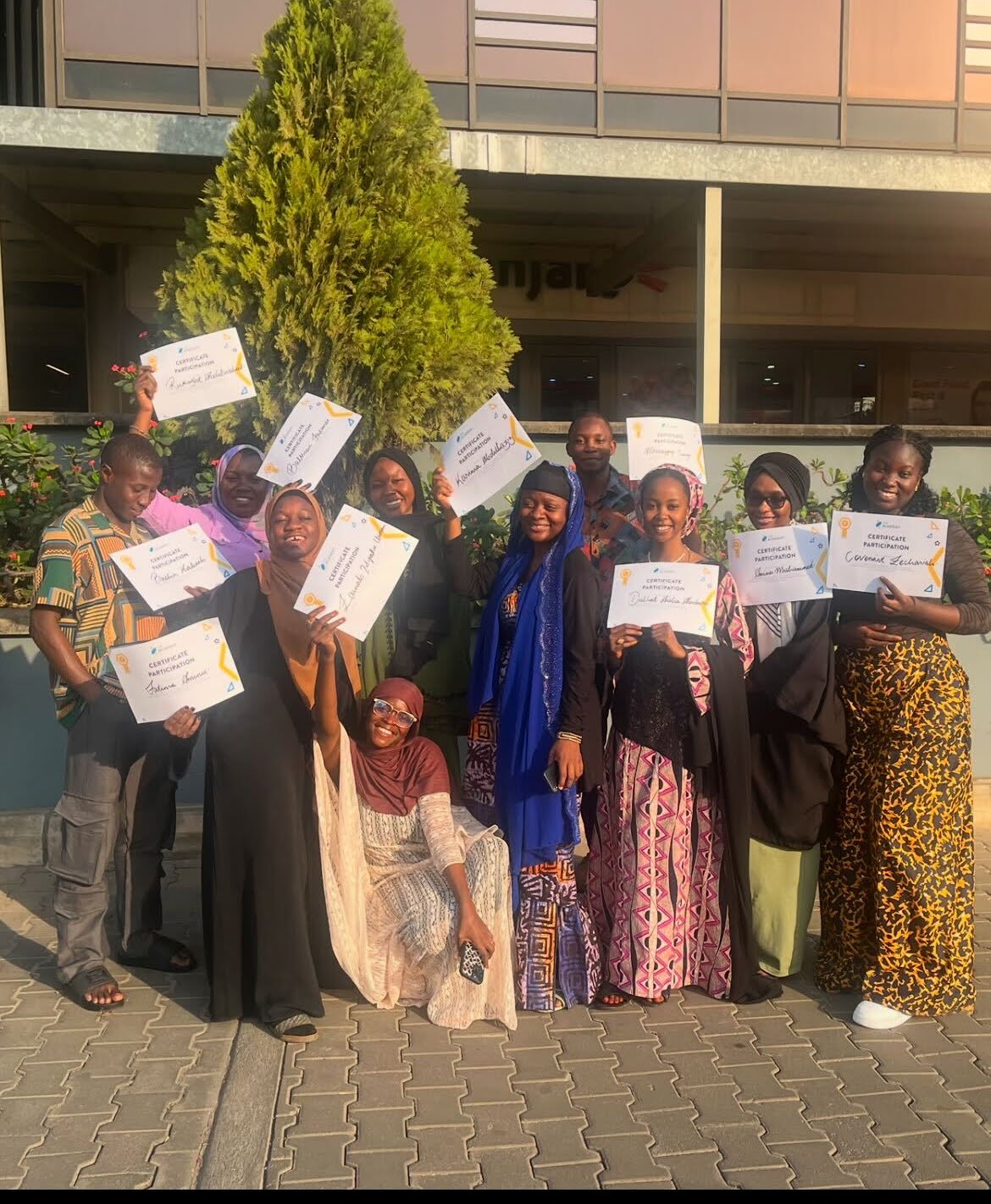 Participants proudly holding their certificates.
Participants proudly holding their certificates.

